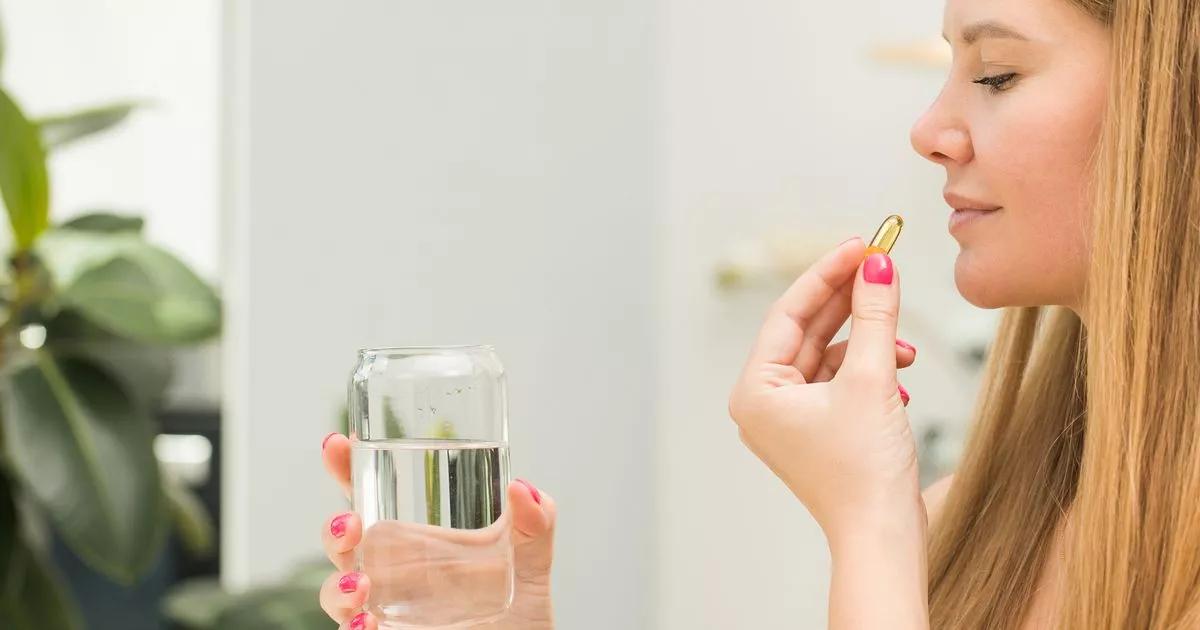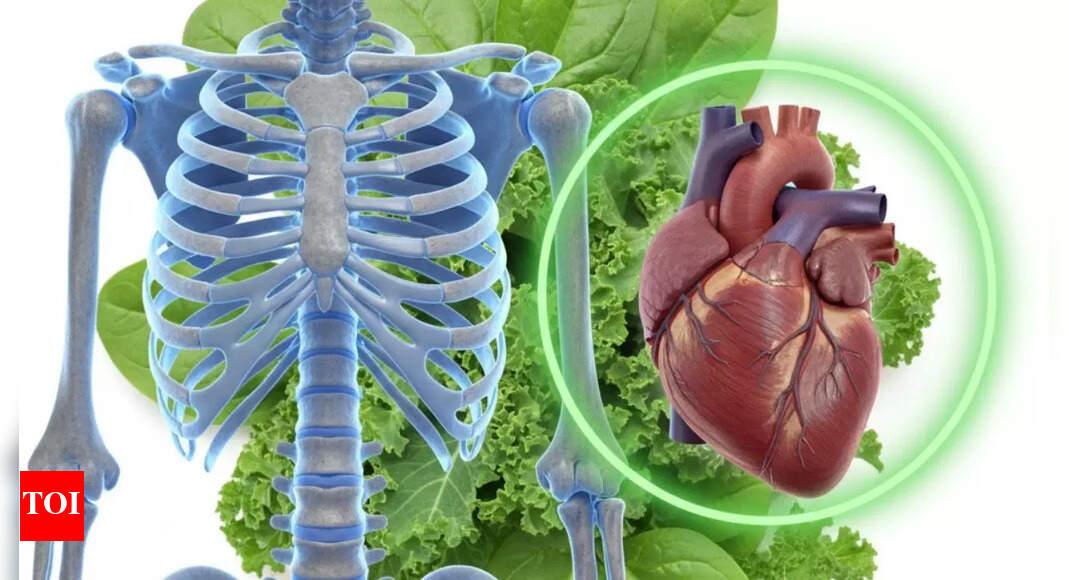Health officials have urged "everyone" to take supplements during the winter months
The NHS is urging all Britons to take the 'daily' pill from now until March
Health officials urge "everyone" to take a supplement during winter
After clocks went back an hour last weekend, the sun now sets earlier every day.We spend most of the night in the dark, rarely seeing even a glimpse of the sun.
Autumn is here, but health officials have issued advice to Britons on how to stay healthy during the colder months.
The NHS is urging people to take a daily vitamin D supplement from October to March to keep their bones, muscles and immune system healthy.
The NHS said in a post on
"You can get vitamin D at most pharmacies and grocery stores."
On the 10th, the NHS said: "Everyone should consider taking a vitamin D supplement every day during the winter months."
Why do we need vitamin D?
Vitamin D, also known as the 'sunshine vitamin', is created by the body from direct sunlight on the skin when we go outside.
It regulates the amount of calcium and phosphate in the body.Bones are needed for healthy bones, teeth and muscles.
The NHS says a deficiency in this essential vitamin may be behind some of the symptoms experienced by many of us, such as bone pain or unexplained fatigue or tiredness.
Other symptoms include muscle aches, increased sensitivity to pain, a "pins and needles" sensation in the arms or legs, muscle weakness or muscle spasms in the arms or upper thighs, according to Yale Medicine.
Vitamin D deficiency can lead to bone disorders such as rickets in children, and bone pain caused by a condition called osteomyalacia in adults.But daily supplements of vitamin D can help prevent deficiency.
How much vitamin D do we need?
The NHS says that 10 micrograms (μg), or 400 international units (IU), is the right vitamin D supplement dose for most people.
Children under one year of age need 8.5 to 10 micrograms of vitamin D per day.
The NHS is not putting them at risk enough, vitamin D, all children (if they take 500ml of infant formula a day during the day) - it's not just in winter.
Food is also an excellent source of this vitamin.According to the NHS, the best food sources of vitamin D include:
- Fatty fish such as salmon, sardines and mackerel
- Red meat
- Egg yolk
- solid foods such as some fat spreads on breakfast cereals
- Nutrition.








